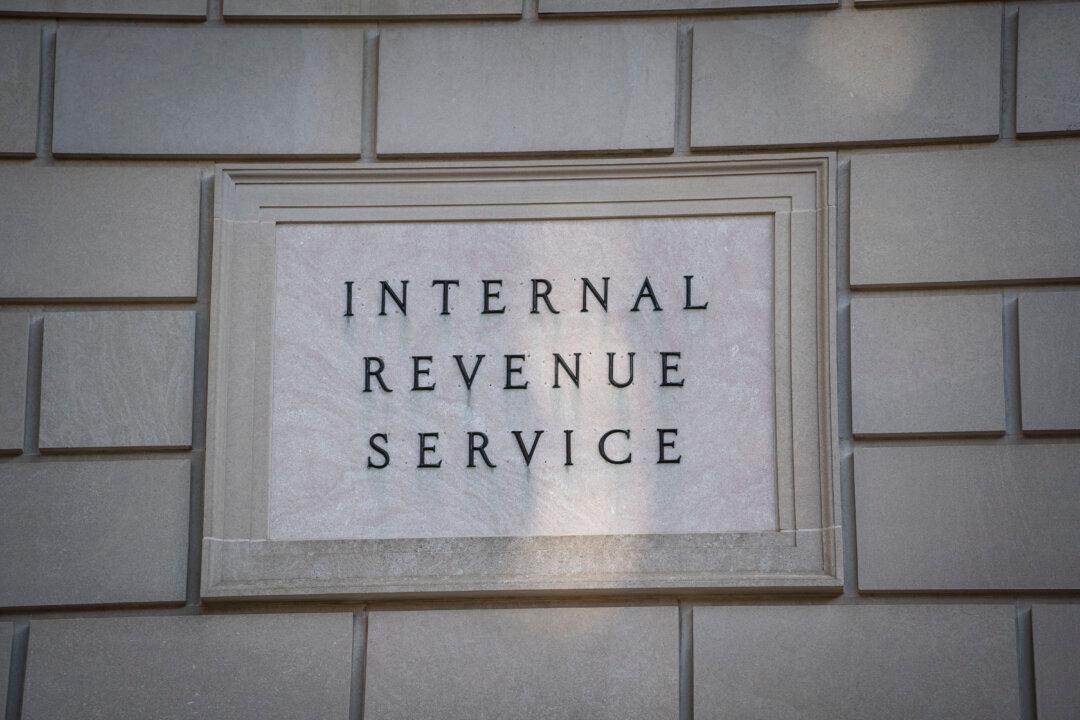Employees planning to open a health care flexible spending arrangement (FSA) account can contribute $100 more for the 2025 plan year, according to the U.S. Internal Revenue Service (IRS).
An FSA is a type of savings account that employees use to pay for certain medical expenses such as copayments, dental care, menstrual products, prescription medications, and over-the-counter drugs not covered by existing health plans. Contributions to an FSA account are deducted from the taxpayer’s wages. In 2024, people can contribute up to $3,200 through payroll deductions towards their FSA account.





